News
CEP Senior Director Dr. Hans-Jakob Schindler quoted extensively in cover story on Hamas networks in Germany: "Hamas wants to give itself a peaceful image through its propaganda - far from executions and rape..."
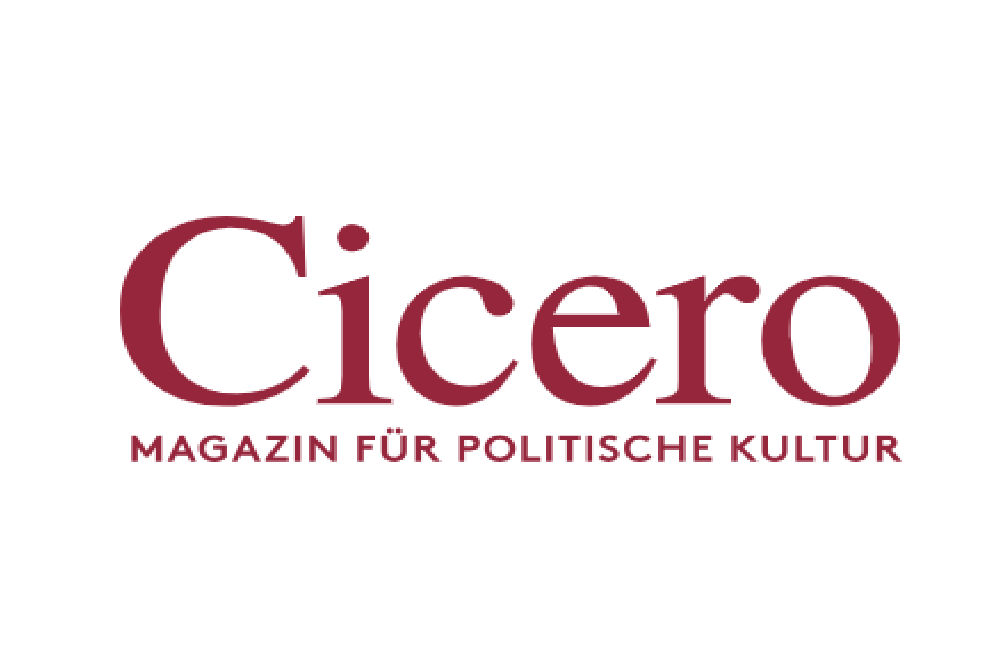
“... The people who have been in prison so far cannot therefore be described as prisoners or detainees. "They are hostages of the regime," says Schindler, who now heads the Counter Extremism Project, a think tank that focuses on terrorism. Ultimately, the Iranians are not interested in giving the German detainees a fair trial, but rather in convicting them on flimsy evidence in order to use them as political bargaining chips. This was also the case with Helmut Hofer. "The Iranians' idea was to exchange him for the terrorist Darabi and his accomplices," says Schindler. Kazem Darabi was the mastermind behind the Mykonos attack in Berlin, in which four Kurdish politicians in exile were killed. He was sentenced to life imprisonment. Germany did not allow itself to be blackmailed by Iran.”
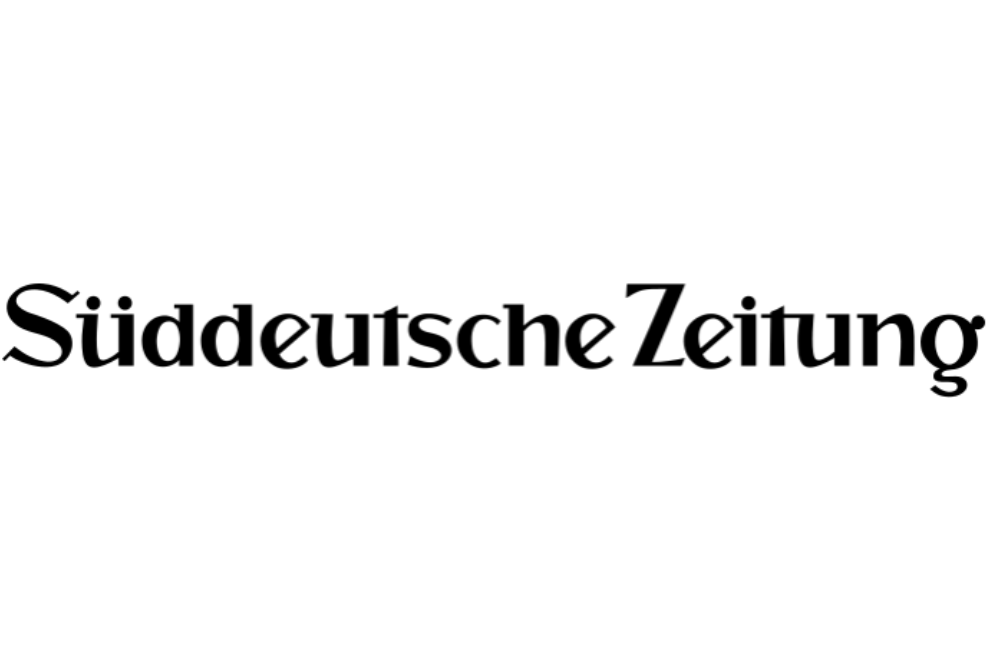
CEP Senior Advisor Ian Acheson writes: "Shawcross has now disagreed publicly. The Home Office had, he said, ‘ignored’ key recommendations to beef up Prevent’s performance and the glass remained only ‘half full.’ I have some experience of bureaucratic sleight of hand at work when it comes to reviews and recommendations. When I was tasked by the Government to look into the Prison Service’s colossal and unforgivable failures in containing Islamist extremism a few years ago, I made 69 recommendations which were mysteriously repurposed into 11 without my consent; eight were finally accepted."
The main issue from the US perspective is the Iranian nuclear program: Washington wants to prevent Iran from developing nuclear weapons. However, Iran is systematically complicating the negotiations, says Middle East expert Hans-Jakob Schindler, director of the Counter Extremism Project, in an interview with this newsroom. "First, they change the location from Istanbul to Oman. Then they announce that they explicitly do not want to discuss their missile program. The regime is a master at negotiating in such a way as to avoid reaching an agreement if possible."
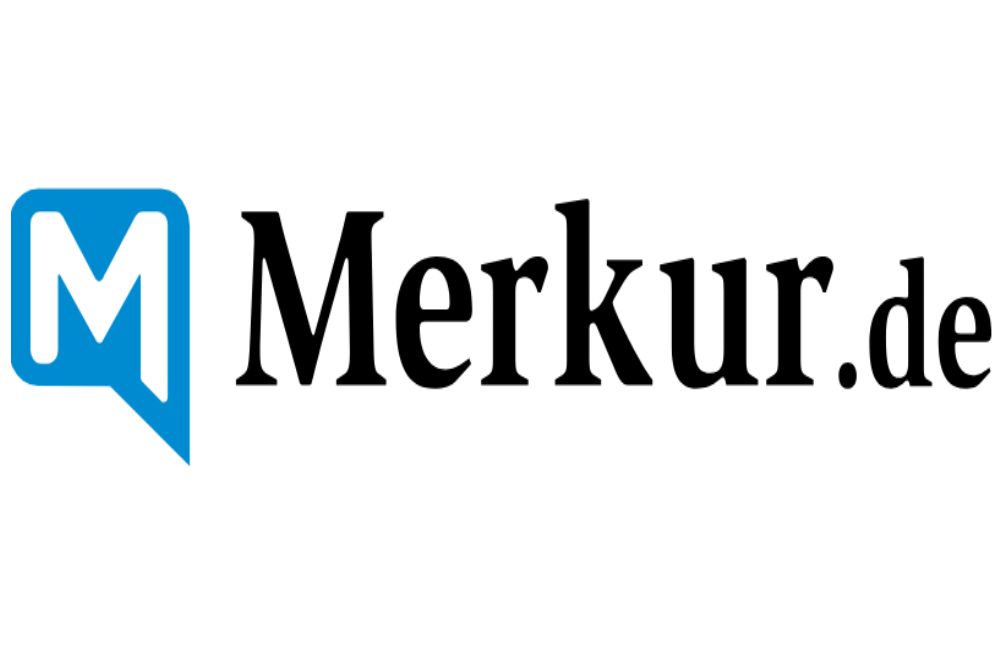
"The Iranian regime wants to send two messages. Domestically: 'We are strong.' And internationally: 'We can also defend ourselves,'" explains Middle East expert Hans-Jakob Schindler, director of the Counter Extremism Project, in an interview with the Frankfurter Rundschau by Ippen.Media. In this tense situation, however, it's playing with fire: "It already has the potential to be suicidal. Or to put it another way: One has to ask whether they've lost their minds," says Schindler. "Flying a drone that close is quite clearly a provocation."
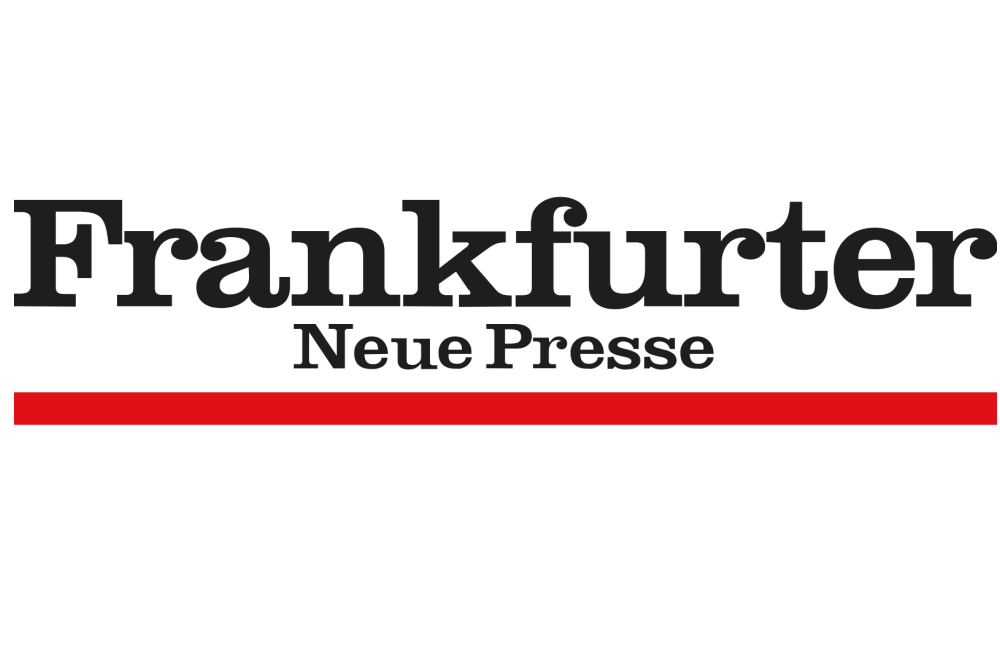
An Internal Affairs spokesperson said many of the NGO referrals are from larger and often international NGO agencies which specialise in identifying terrorist and violent extremist content. They say an increase in these referrals highlights their partnerships with international not-for-profit organisations, such as the Counter Extremism Project.
What does Iran hope to achieve with this provocation? What does this mean for the nuclear talks? Can a US attack on Iran currently be ruled out? Jessica Zahedi discusses this with Middle East expert [CEP Senior Director] Hans-Jakob Schindler on ZDFheute live.
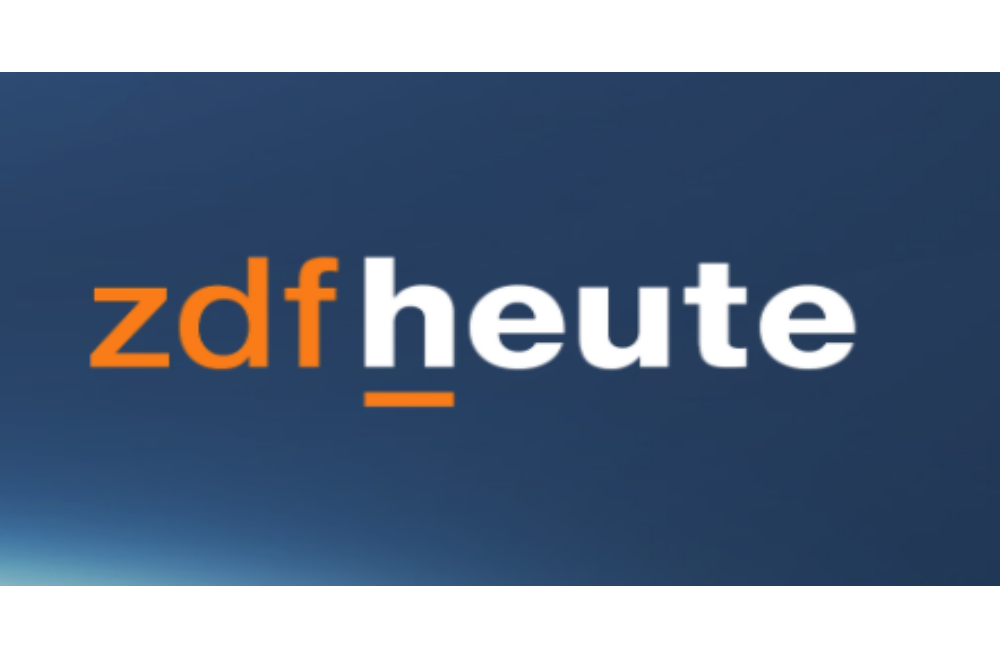
"This is absolutely not how a radicalized person should be treated," says Sofia Koller, an expert on terrorism. She works at the Counter Extremism Project (CEP) research institute in Germany. According to Koller, a radicalized person should be offered a clear framework. A proper legal process and a roadmap for how to support the person to change their life, he says.
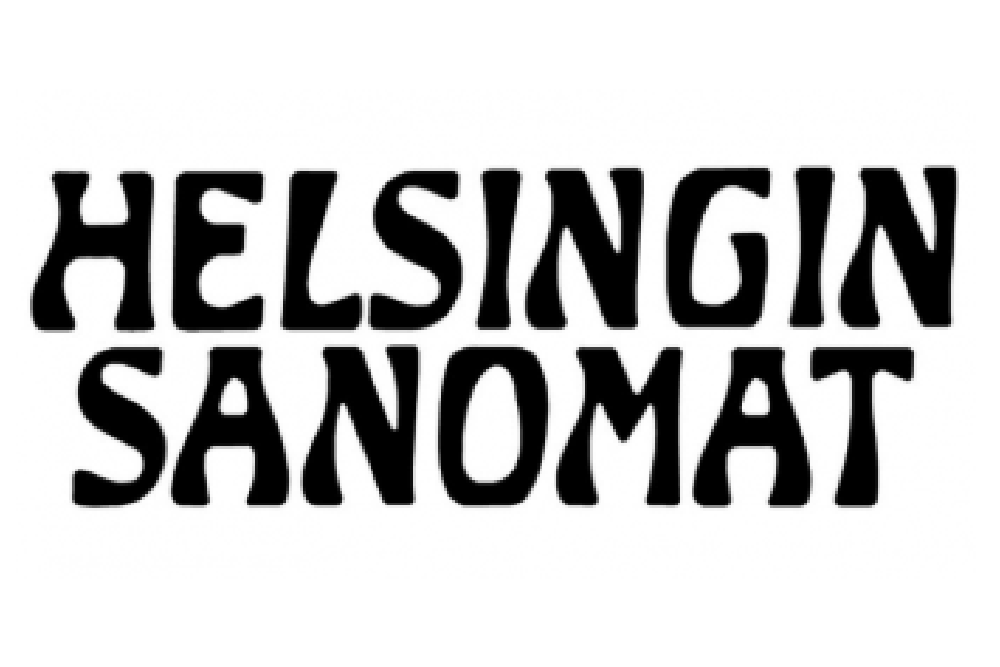
Counter Extremism Project (CEP) Senior Director Dr. Hans-Jakob Schindler interviewed [at 6:46] on the sabotage against German navy ships in Hamburg.

On Jan. 27, at the Kennedy Center in Washington, D.C., Maestro Lotoro led a concert of this music in honor of International Holocaust Remembrance Day. Lotoro’s collection includes not only music from the Nazi camps and ghettoes, but also the camps of the USSR and Hirohito’s Japan, and other sites of mass internment.
Stay up to date on our latest news.
Get the latest news on extremism and counter-extremism delivered to your inbox.